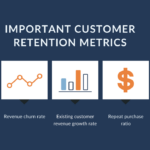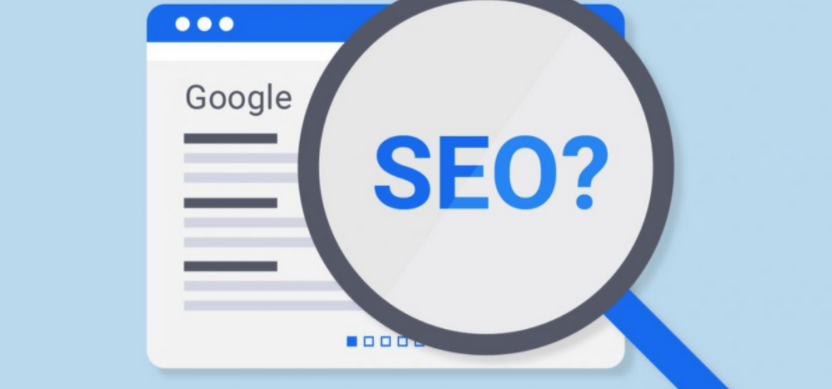At this point in time, it’s hard to avoid SEO for small businesses. If you’re a small business owner, there’s no doubt you’ve either looked into SEO services, or been approached for SEO services. While it sounds technical and interesting, what does it really mean for small business marketing? Is it worth investing into? Do you need to hire a digital marketing agency? Let’s dive into the facts.
What is SEO?
SEO (short for Search Engine Optimization) is a marketing strategy approach to web development that optimizes your website for Google’s search rankings. What does that mean? It means that by doing things like making your website easier to read, including keywords relevant to your business, and making other adjustments can help your website show up in search results.
For example, if you’re a boutique clothing store owner, and you include keywords in your website’s text like “boutique clothing”, “vintage clothes for women”, you can get your website closer to the first page of results when someone searches something like “Vintage clothes near me”. Woah! With some regular maintenance and upkeep, you can help your website get to the front pages of Google results without paying a dollar.
How Do I Use SEO For My Small Business?
- “What Do People Search to Find My Business?”
To get started, before you even load up your website, ask yourself the following questions. What would someone search to see your website, and click on it? Are they asking general questions, like “what is a digital marketing agency?”, or specific ones like “24 hour plumber near me”? What’s the most popular product or service you offer? These questions will help you identify what keywords to target. This means the search terms that people enter on Google to find what they’re looking for.
- “OK, Now How Do I Decide Which Keywords To Target?”
Okay, so you’ve had a think about what keywords you think are relevant to your business. Great! The next step is deciding which of those keywords to focus on, and understanding the metrics behind them so you can track your progress. Luckily, there’s some great tools that offer tons of valuable data, and most offer free plans to get started.
At Angelytix, we use SEMRush.com, as it makes viewing the data easy to understand and follow. However, you could also use websites like Ahrefs.com as well. Ultimately, there’s a ton of websites that offer the ability to see valuable metrics for keywords, like the amount they’re searched for every month.
- “I’ve Got My Keywords, Now What?”
Alright, so you’ve got your keywords. It’s time to load up your website! The next step is is making sure those keywords appear as much as organically possible on your website. This can be in text blocks, product descriptions, about pages, anywhere! However, and I can’t stress this enough, do NOT just paste the keywords everywhere on your page even if it doesn’t make sense reading it. You might think this is good, right?
What’s the catch?
However, Google does not take kindly to this kind of behavior. This is because Google’s only goal is getting people the most relevant results for their searches. Doing this kind of behavior, known as “Black Hat” SEO, can result in your website never being able to achieve high rankings.
- “I’ve Put My Keywords in all the Right Places, is that it?”
You’re almost there! The next thing is to make sure there’s nothing slowing down your website, or causing any issues. You can use websites like seoptimer.com for a free breakdown of your website’s performance pertaining to SEO. With this information, you or a web developer can go in and make the changes suggested.
- “What else can I do?”
If you’ve made it to this point, and have updated your website to be as SEO friendly as possible, congrats! This is a great start, but of course, there’s always much more than can be done if you choose to. One of the most successful methods we’ve found for our digital marketing clients is an SEO service called “SEO Content Writing”, which is a fancier way of saying, blogging!
With that same keyword list you made earlier, you can write blog pieces for your website that contain these keywords and bolster up your rankings. If you’re using WordPress, we highly suggest the plug-in “Yoast”, which helps you edit your blog piece to SEO perfection.
Final Thoughts
Ultimately, there’s a ton of ways you can increase your website’s visibility and organic rankings with SEO. Digital marketing and SEO for small businesses doesn’t always have to involve going through an agency. Getting started is an easy process, and focusing on your SEO is proven to be one of the very best marketing strategies for small businesses.
If you’d like assistance however, reach out to us at Angelytix for an overview of how your business can grow with our proven SEO digital marketing strategies. If not, we hope you enjoy these SEO strategies for small businesses and try them out today!





